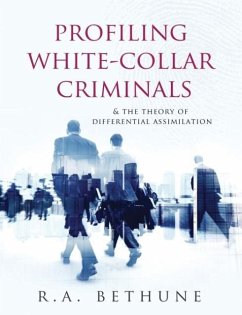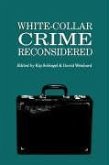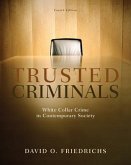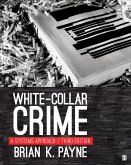This book seeks to address many of the current shortcomings in the field of white-collar criminology by proposing a new universal definition for the academic subject, whilst demonstrating how this corresponds to legislative offences in practice. It addresses the relative lack of knowledge about the perpetrators of white-collar crime by presenting new analysis of data from a global survey of over 5,400 corporations on the individual characteristics of offenders. It also reviews existing criminological theories and applies them to white-collar crime to develp a new conceptual framework that seeks to account for this form of offending behaviour. Lastly, it explains how established offender profiling techniques can be adapted and utilised in conjunction with the new data presented and concepts put forward, to produce white-collar criminal profiles that can be used proactively by organisations in the development of cutting-edge financial crime prevention and detection techniques. About the author R. A. Bethune holds a PhD in Criminology with the University of Edinburgh, and is both a Certified Fraud Examiner (CFE) and a Certified Anti-Money Laundering Specialist (CAMS). Having qualified and practiced as a Chartered Accountant (ACA) within the Forensic Services department of one of the Big 4 accounting and professional services firms, the author later moved to industry to join the financial crime function of one of the world's largest global investment banks. Having spent the last 12 years working in the practice of financial crime prevention, detection and investigation, the author brings real-life experience and perspective to the development of white-collar criminological theory in this book.








